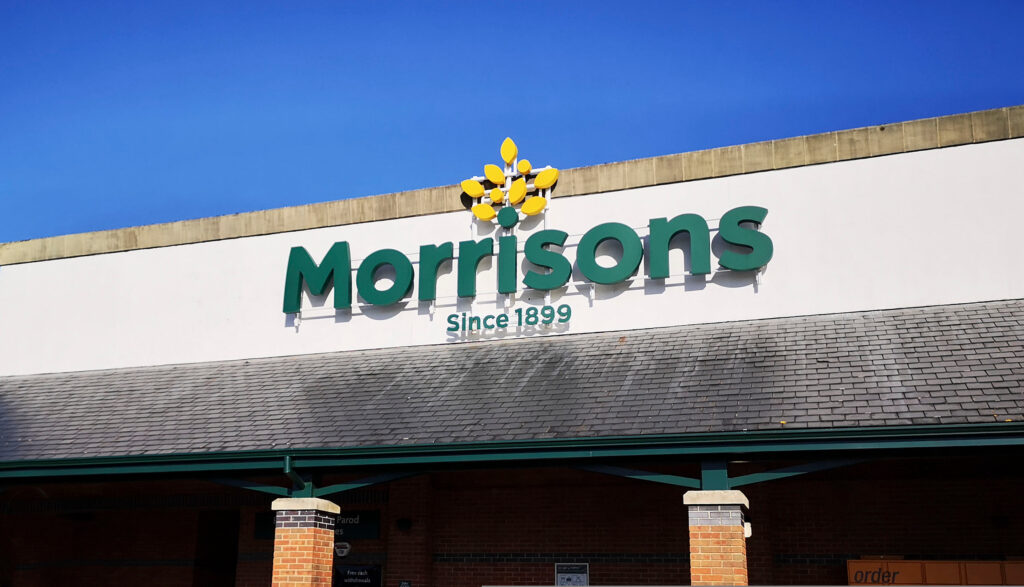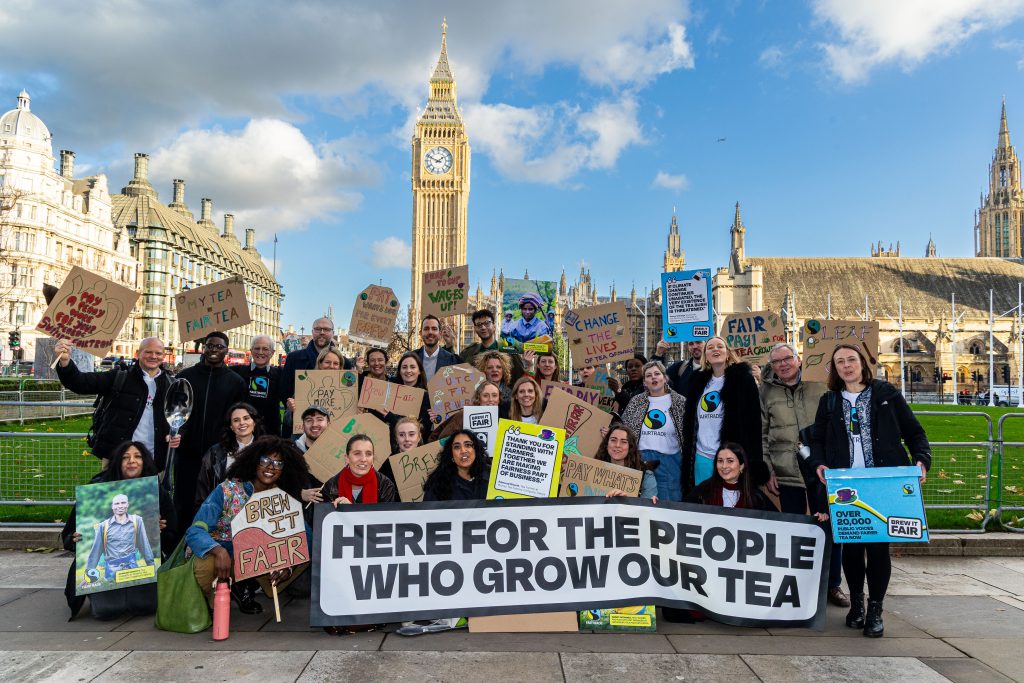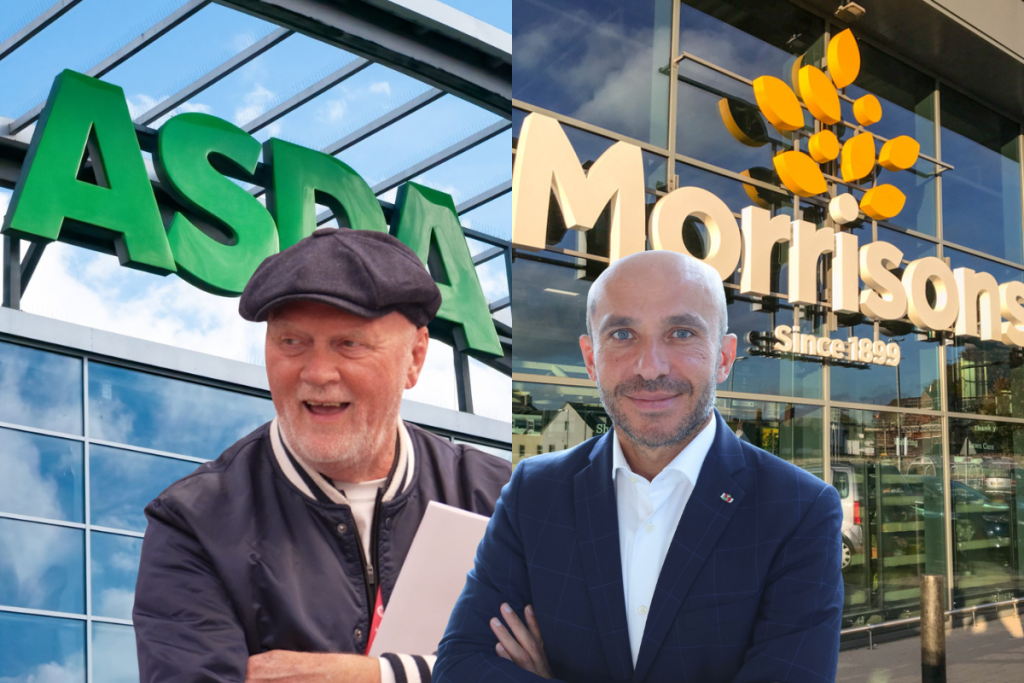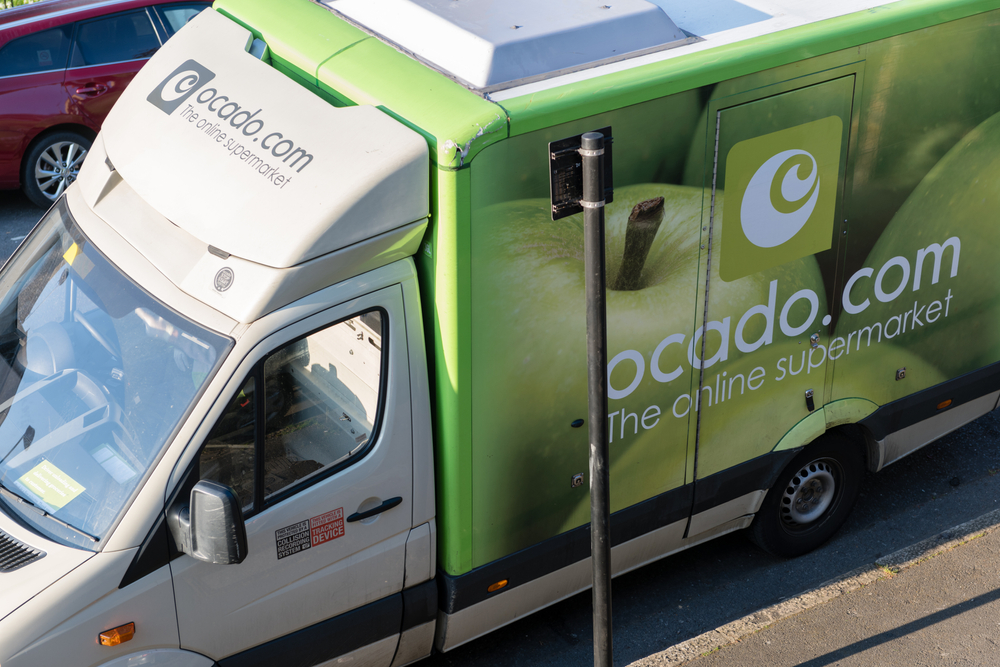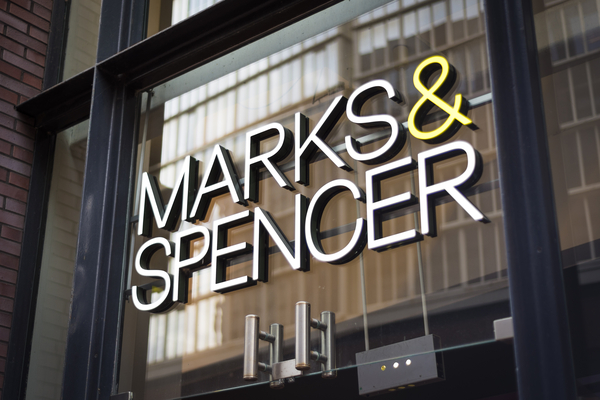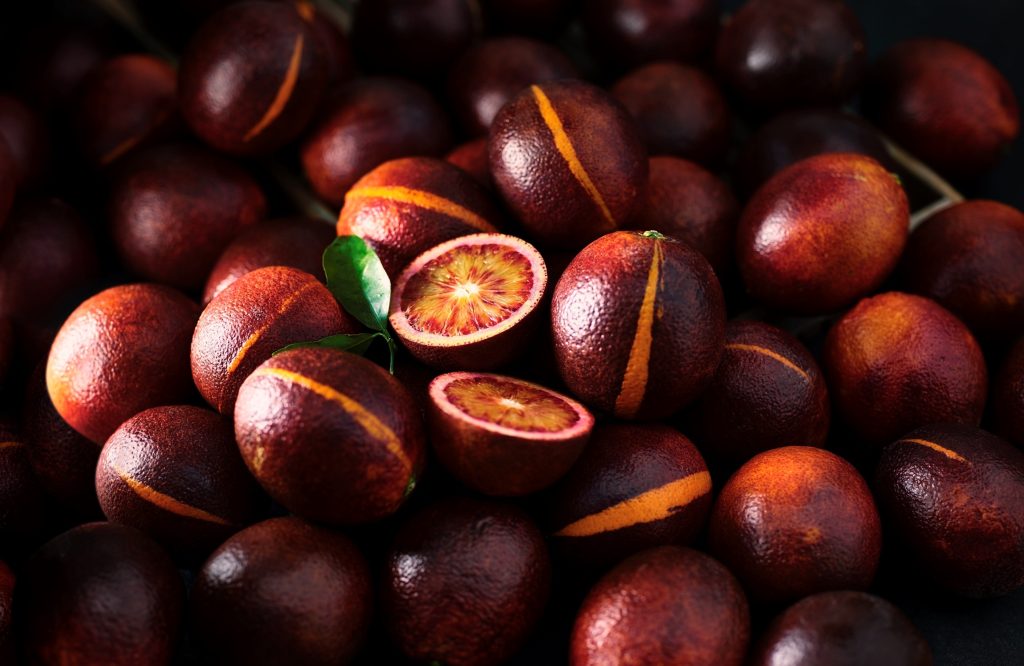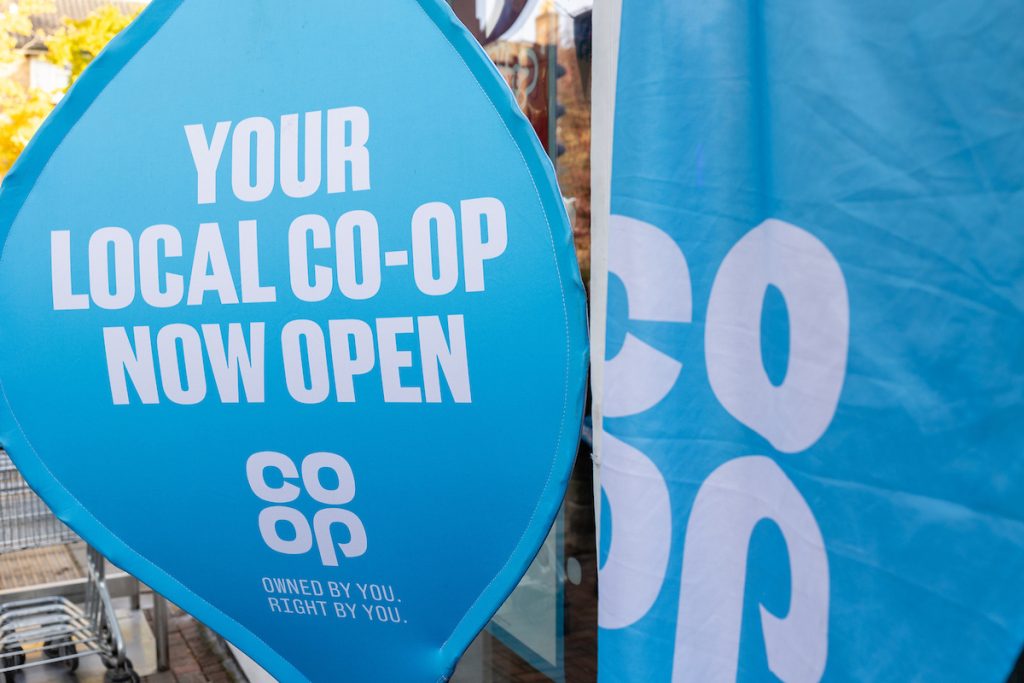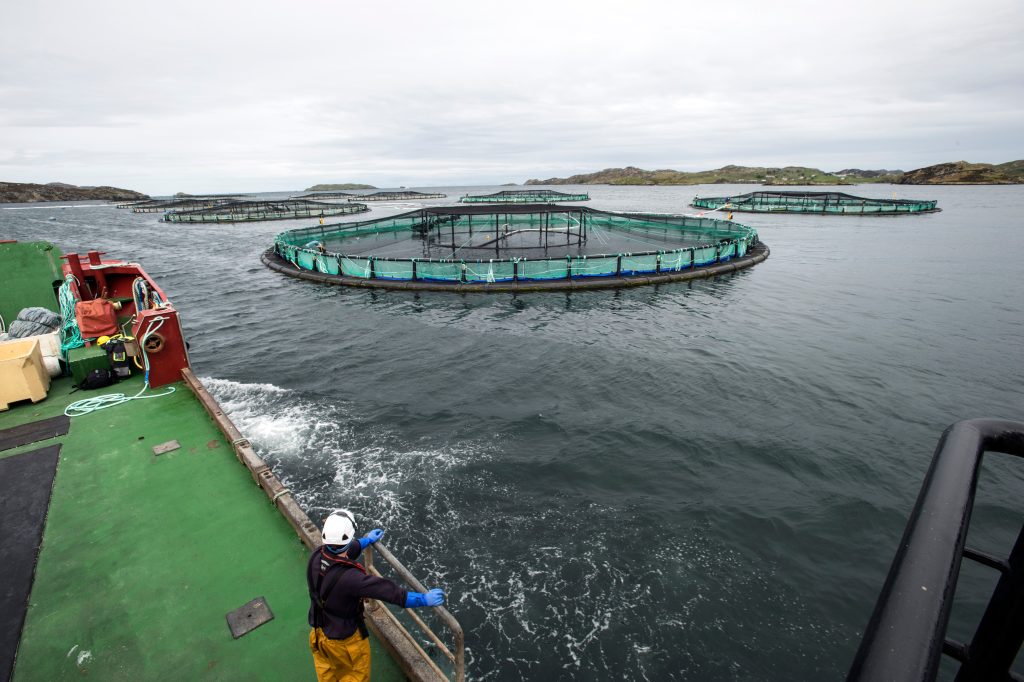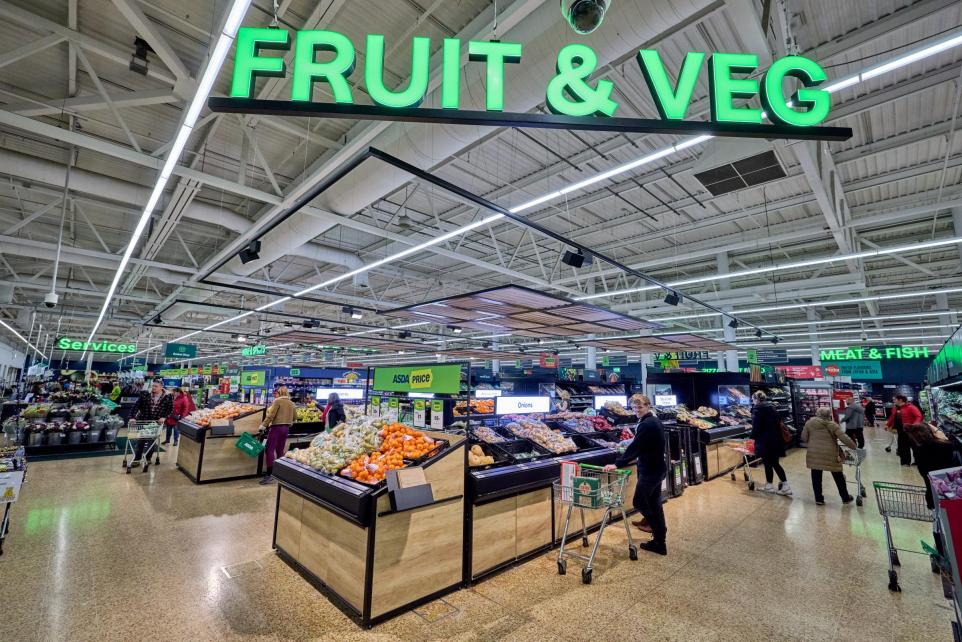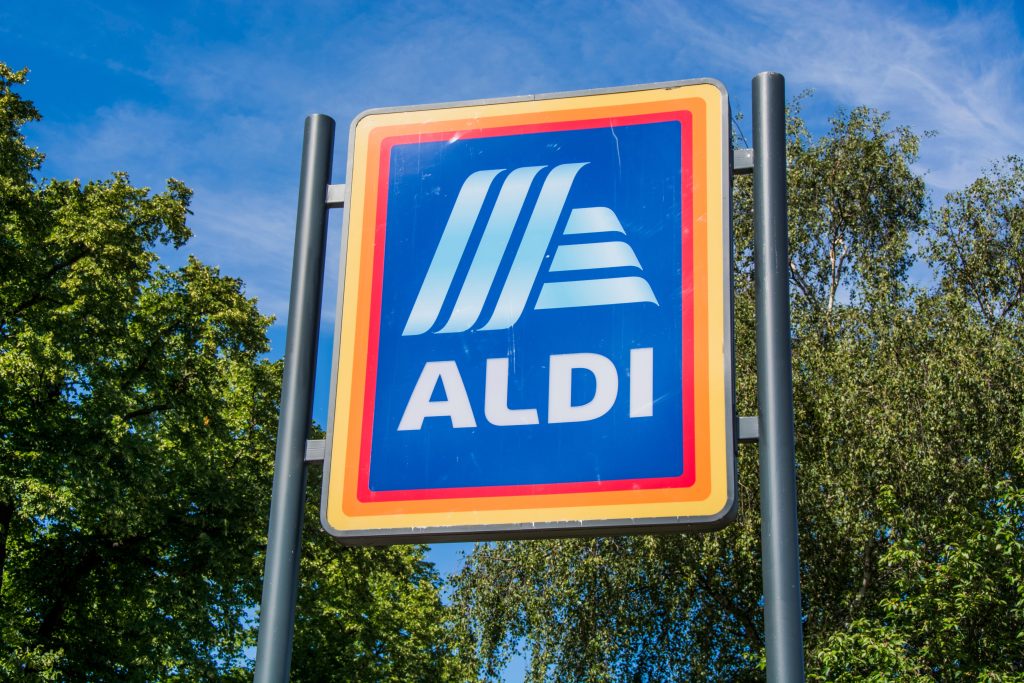The big four grocers and others have committed to reducing household food and drink waste by five per cent by 2015 as the third phase of the Courtauld Commitment launches today, it has been announced.
Overseen by Government body WRAP, the Courtauld Commitment is a voluntary agreement seeking to reduce food waste, water use and packaging to improve efficiency within the grocery sector.
As well as reducing household waste, the third phase of the commitment involves reducing product and packaging waste across the supply chain by three per cent , though signatories have committed to an eight per cent reduction given anticipated increases in sales and production.
Maximising recyclable material is also part of the commitment and involved retailers will work to improve packaging design without increasing its carbon impact, making a three per cent rise in real terms.
Improving recyclability will aid both consumers and local authorities and this new target will help the Government packaging recycling targets for 2013 to 2017.
Commenting on the latest phase, Dr Liz Goodwin, CEO of WRAP, said: “Courtauld 3 builds on the achievements of Courtauld 1 and 2 by tackling the areas that bring the greatest financial benefits to UK plc and deliver significant reduction in environmental impact.
“Over the course of the three phases of the agreement, a 20 per cent reduction in UK household food waste is achievable, a deeply impressive outcome.”
Launched in 2005, the Courtauld Commitment avoided 670,000 tonnes of food waste between 2005 and 2009 while annual food waste decreased by 1.1 million tonnes between 2006/7 and 2010.
“Together we are cutting down on waste to deliver £1.6 billion of savings, which is good for consumers, the food and drink sector and local authorities,” Lord de Mauley, Resource Management Minister at Defra, said.
“It‘s crucial that we keep reducing waste so we can continue to see significant benefits for businesses and the environment.”
Pressure group the British Retail Consortium (BRC), applauded the move to meet these “challenging targets”.
Andrew Opie, Food Director of the BRC, said: “These new targets build on the major strides already made by grocery retailers to reduce food and packaging waste.
“Despite the downturn and other challenges affecting business, the retail industry is continuing to innovate and collaborate on waste reduction as well as working hard to meet wider green goals across all aspects of its operations.
“That‘s delivering real environmental benefits as well as value for customers.”


